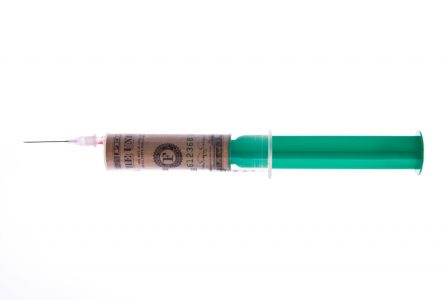
Health insurance can help you avoid financial disaster, but often just having a “good” health insurance is not enough. If you’re like many Americans, I think getting health insurance can help keep you from going into sickness debt. However, more than half of the approximately 25% of adults reporting difficulties repaying their medical debts had some form of health insurance.
Eliminating medical debt is often easier to deal with than some other forms of consumer debt. If you are serious in eliminating your medical debt a good place to start is to know the repercussions of unpaid medical bills, examining those medical bills for errors, and working to negotiate with the hospital or doctor`s office billing department.While these measures should be observed anytime you acquire medical debt, they often can` help you truly get rid of the debt by any other means than paying out of pocket. However, for individuals that do have a chronic illness or disability that has caused them to take on enormous amounts of medical debt, filing bankruptcy may be the perfect solution to permanently eliminate up to 100% of your medical bills.
Bankruptcy has both benefits and costs, so it should be approached with a clear plan and only after carefully weighing the pros and cons. Consulting with a Houston bankruptcy attorney is the first step to determining if medical debt bankruptcy is the best option for your financial situation. An experienced bankruptcy attorney can provide sound legal advice on how best to pay off your debt and medical debt.
